Automotive Companies Facing Criticism Over Suspected Support for Israel
The automotive industry is currently under intense scrutiny as several major players face accusations of aligning with political interests, particularly related to the Israeli-Palestinian conflict. Companies such as Volkswagen, Hyundai, BMW, Mercedes Benz, Tesla, Volvo, Audi, Jaguar, and Land Rover have found themselves entangled in geopolitical controversies, prompting questions about the ethical implications of their business decisions.
From solidarity statements to economic gains, technology hubs, and collaborations, each company’s actions have sparked public outcry, revealing the delicate balance they must strike in navigating politically charged situations.
Volkswagen
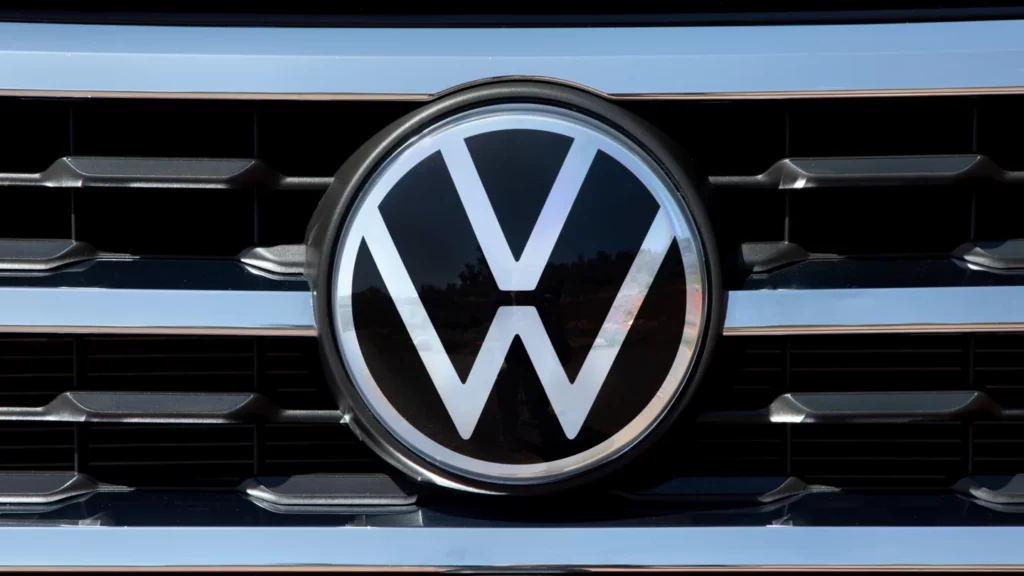
Volkswagen, another automotive giant, voiced solidarity with Israel, condemning recent attacks and emphasizing its commitment to combating hate through association with the Anti-Defamation League. While taking a principled stance against hate is commendable, Volkswagen’s alignment with a particular advocacy group introduces an ethical dilemma. This move may alienate potential customers who prefer corporations to remain neutral in geopolitical conflicts, showcasing the delicate line these companies tread when wading into such matters.
Hyundai
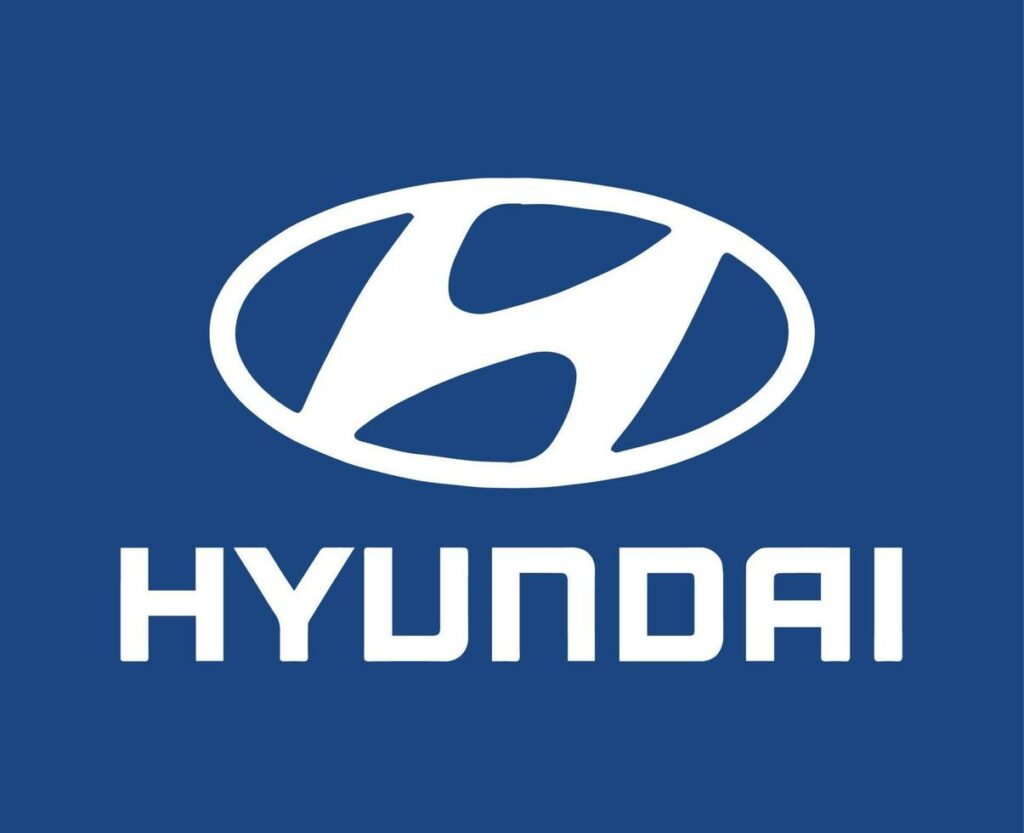
Criticism has arisen for Hyundai’s alleged economic gains from the demolition of Palestinian neighborhoods in Jerusalem, highlighting its involvement in the Israeli occupation. The accusations against Hyundai underscore the ethical challenges companies face when their economic interests become intertwined with politically sensitive situations. The controversy surrounding Hyundai emphasizes the need for transparency and accountability in corporate dealings within conflict zones.
BMW

BMW, a signatory in a unified statement against anti-Semitism, finds itself in a precarious position. While taking a principled stance is crucial, potential employees might reconsider joining the company due to its involvement in this unified statement. The scrutiny faced by BMW highlights the challenges companies encounter when aligning with political or ethical causes, as it may impact their workforce and public perception.
Mercedes Benz

Renowned for its luxury cars, Mercedes Benz raised eyebrows by establishing a technology hub in Tel Aviv, drawing attention due to the city’s geopolitical landscape. The move, though driven by technological advancements, invites speculation about the company’s potential alignment with political interests. Critics argue that such decisions could compromise the brand’s reputation and ethical standing, emphasizing the need for corporations to tread carefully in politically sensitive regions.
Tesla
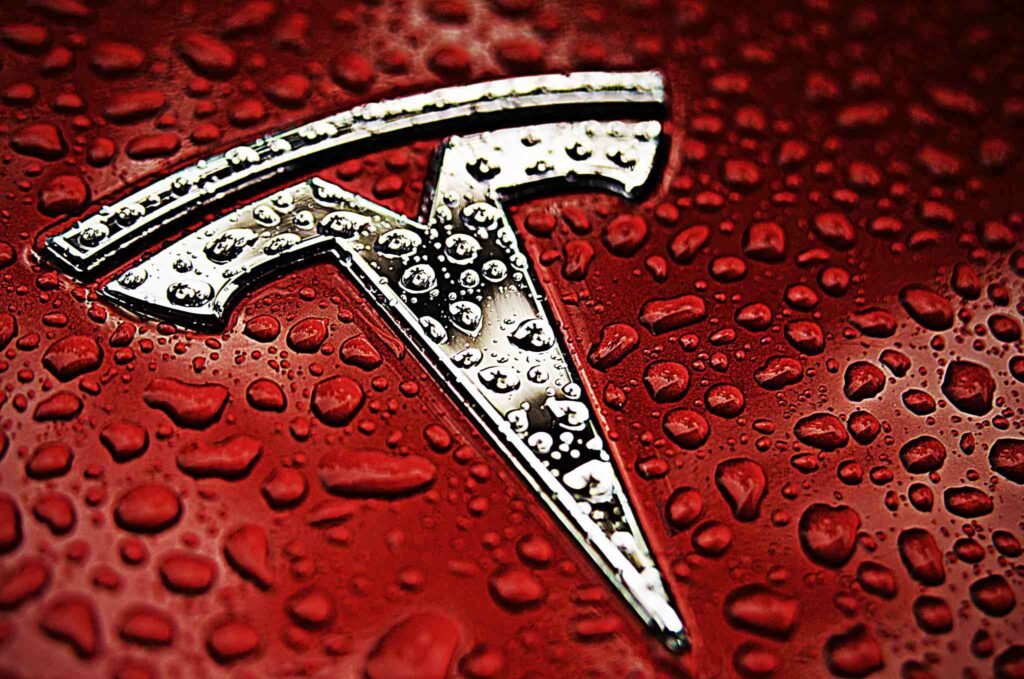
In the wake of recent terror attacks, Tesla raised eyebrows by announcing free use of its Superchargers in Israel, framing it as a gesture of support. While seemingly benevolent, this move drew criticism for potentially aligning the company with a specific geopolitical stance. Tesla’s decision underscores the delicate balance major corporations must strike in navigating politically charged situations, raising questions about the motives behind such seemingly altruistic gestures.
Also See: KFC and Israel: Unveiling Alleged Supportive Connections
Volvo
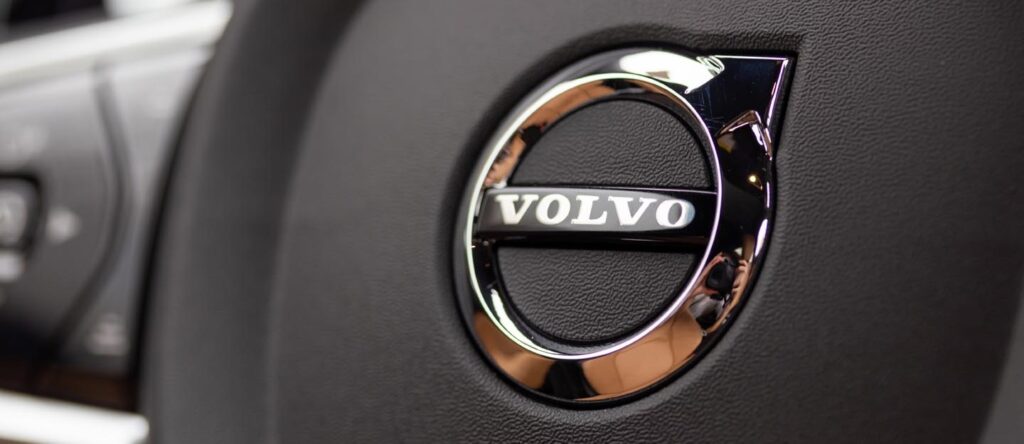
Volvo faces scrutiny for reports suggesting its equipment is being used in demolitions within Occupied Palestine. This association with companies selling to the Israeli Defense Forces (IDF) challenges Volvo’s stance on corporate responsibility. The accusations raise questions about the extent to which corporations should be held accountable for the use of their products in conflict zones, adding another layer of complexity to the ethical considerations surrounding these automotive giants.
Audi

Audi, part of a joint statement denouncing anti-Semitism alongside major German companies, faces scrutiny that may prompt potential employees to reconsider joining the company due to its ethical stance. The situation exemplifies the challenges companies face when navigating complex geopolitical landscapes. While standing against hate is commendable, it may lead to unintended consequences, such as impacting the company’s recruitment efforts and employee morale.
Jaguar
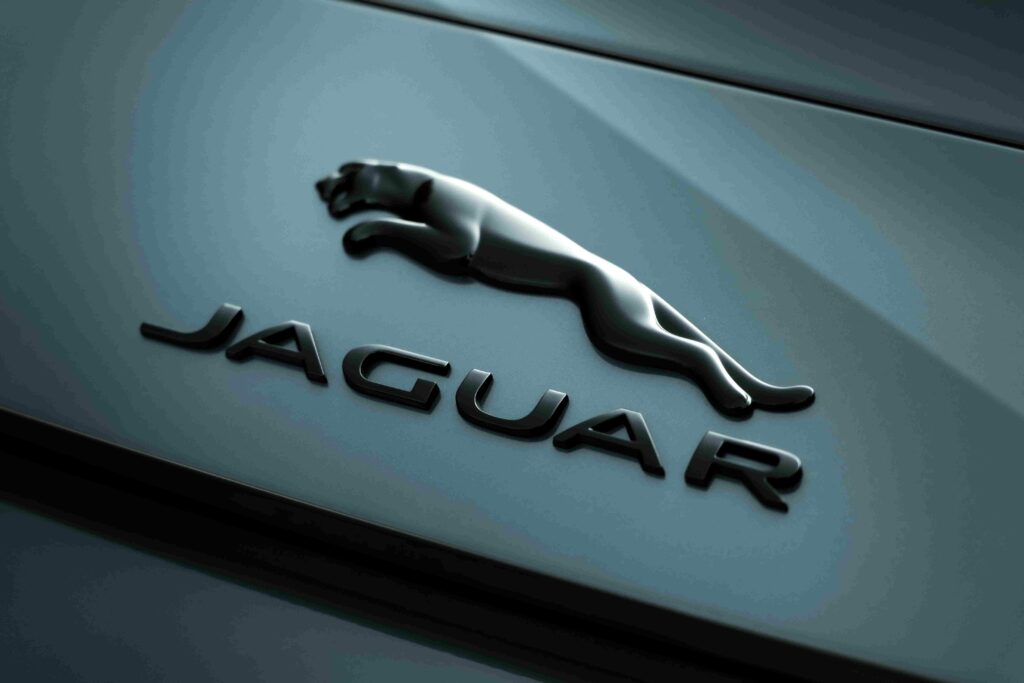
Jaguar, a car brand under Jaguar Land Rover, is facing scrutiny due to its collaboration with Tata Consultancy Services (TCS) to launch the Open Innovation Programme in Israel. This partnership has raised ethical concerns, leading to calls for refraining from purchasing new Jaguar cars, selling them, or seeking employment with Jaguar Land Rover. The brand’s involvement in initiatives connected to Israel highlights questions about corporate responsibility. Despite the absence of specific researched alternatives, consumers are encouraged to stay informed and make choices aligned with their values in navigating the automotive industry’s evolving landscape.
Land Rover (Range Rover)

Land Rover and Range Rover, subsidiaries of Jaguar Land Rover, face ethical scrutiny for their collaboration with Tata Consultancy Services (TCS) to establish the Open Innovation Programme in Israel. Calls to boycott new purchases, sales, and employment with Jaguar Land Rover arise due to concerns about their association with initiatives in Israel. As alternatives haven’t been researched yet, consumers are urged to stay informed and make choices aligning with their values in the automotive industry.
Rentalcars.com

Rentalcars.com, owned by Booking Holdings, faces criticism for allowing property listings in occupied Palestinian territory through Booking.com. The parent company initially considered labeling such properties but reversed the decision under pressure from Israel. Ethical consumers are urged to avoid renting on Rentalcars.com, opting for direct bookings with businesses, and refraining from listing products on the platform. There’s also a call not to work for Booking Holdings. Choosing direct bookings with the hiring company emerges as an alternative for those seeking to align their choices with ethical considerations.
Read More: Shocking Alliances: The List of 350+ Companies Backing Israel
The controversy surrounding these automotive giants sheds light on the intricate ethical challenges companies face when their business decisions intersect with geopolitics. From voicing support to economic involvement and technological collaborations, each instance has raised questions about corporate responsibility, transparency, and the delicate balance between business interests and ethical considerations.
As consumers increasingly demand accountability, these companies find themselves navigating complex landscapes, emphasizing the need for transparency, careful decision-making, and a nuanced understanding of the ethical dimensions surrounding their operations. In an evolving global landscape, the automotive industry must grapple with these challenges to maintain public trust and uphold ethical standards.

